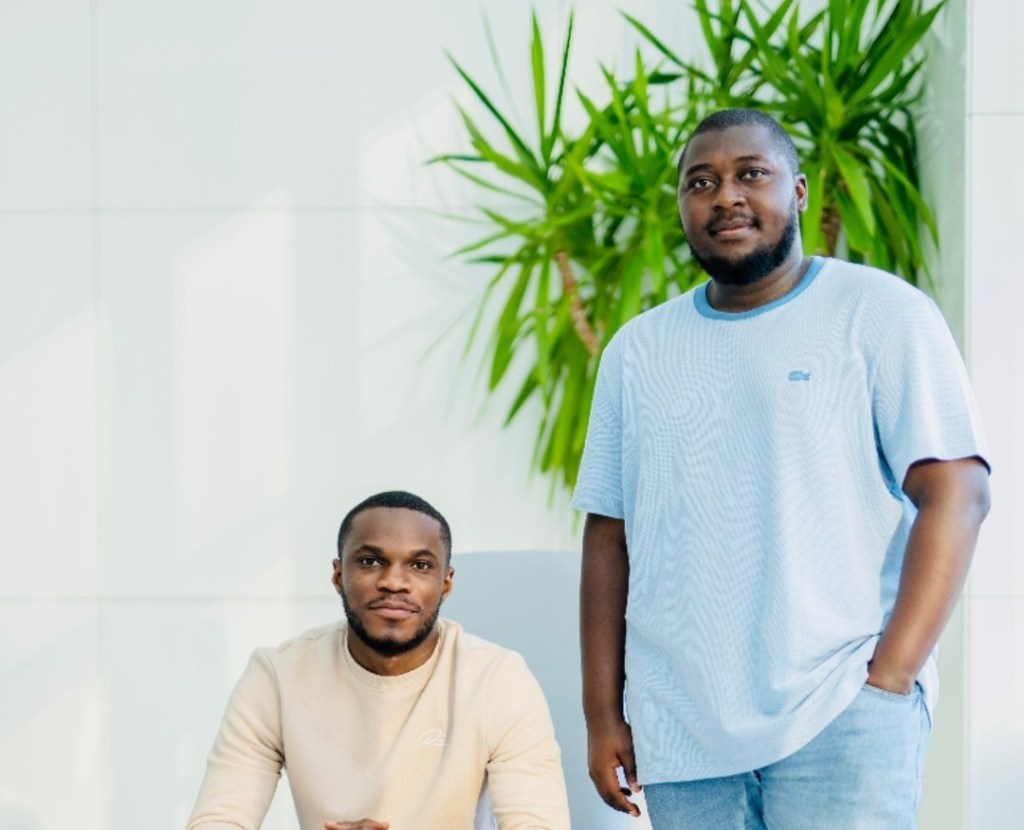Cash flow is a major pain point for small businesses in Africa. Long payment cycles, which can take 30-90 days after services or products have been rendered, and little or no capital, of which research says 85% of African small and medium businesses are subject to, are the main culprits of cash flow issues.
Many startups are solving these problems for African SMBs in one form or another, and the demand for their services has seen Ghanaian startup Float pick up a significant round of funding. The fintech which provides credit lines for businesses has raised $17 million, funding that it will be using to bolster its offerings and expand geographically.
The seed round was a mix of $7 million equity and $10 million debt. While Cauris provided debt financing, Tiger Global and JAM Fund, the investment firm of Tinder co-founder Justin Mateen co-led the equity bit. Other VC firms involved in the equity round include Kinfolk, Soma Capital, Ingressive Capital and Magic Fund.
A couple of angel investors also took part: Y Combinator CEO Michael Seibel, Sandy Kory of Horizon Partners, Ramp founders Karim Atiyeh and Eric Glyman, Gregory Rockson of mPharma and Dutchie founders Zach Lipson and Ross Lipson.
CEO Jesse Ghansah started the company, formerly known as Swipe, with Barima Effah in 2020, and following its rebrand as Float, went live with its product in June 2021. The idea for the YC-backed Ghanaian fintech came during the chief executive’s time at OMG Digital, a media company he founded that also got into YC, in 2016.
“We needed credit and proceeded to get an overdraft from a long-term partner bank where we had transacted more than $100,000. But the bank wanted us to deposit 100% collateral in cash before they could give the overdraft,” the two-time YC founder told TechCrunch in a June interview.
“I also remember taking money from loan sharks with ridiculous interest rates, sometimes as high as 20% a month, to meet payroll. That threw me into solving those problems with Float.”
It’s an identical problem for more than 51% of 44 million formal SMBs in sub-Saharan Africa who say they need more finance than they can access to grow their businesses, per research. Float provides credit to some of these businesses that find it challenging to get from traditional banks.
In addition to flexible credit lines for businesses to cover cash flow gaps, Float also has software tools for businesses to manage accounts and wallets in one dashboard, as well as automate bills, vendor or supplier payments and invoice collections. The company aims to serve as the “financial operating system” for Africa’s small and medium businesses.
Other features on the platform include invoice advance, opening a business account, payment links, managing budgets and spend cards.
The company has also introduced some more features recently: revenue advances and instant payouts. With the latter, Float wants small businesses to use its platform to tap into their revenues instantly instead of using gateways, which take days to settle. Its invoice factoring helps businesses with outstanding invoices get cash advances.
Ghansah stated all these features provide different forms of credit for various industries and verticals across the continent.
“The big challenge is that credit needs of businesses are very different. The credit needs of retail are very different from the credit needs of a services business, or the credit needs of agriculture, business or pharmaceutical or medical supplies businesses,” said the chief executive.
“So we are trying to dig deep into which credit products work for certain verticals. And so that’s what we’ve been working on so far.”
In the seven months since Float’s launch, the cash flow management and spend platform has onboarded hundreds of businesses in a wide range of industries — retail and manufacturing, fintech, e-commerce, media and health.
Float has also hit $10 million in credit spend and cash advances to businesses in that time. The company claims to have seen its payment transaction (invoicing and vendor payments) volume, in eight figures, increase 26x.
Float wants to provide liquidity to African SMBs in a way never done before
Float isn’t the only African fintech newcomer with plans to be the “operating system” for small and medium businesses in the region. Prospa, Brass and Sparkle are a few of these startups that provide financial and cash flow support and software services to businesses.
Each company claims not to see the others as competition; first, they believe the market is big enough for all parties to coexist. Second, there’s a feeling of superiority in their products — though they won’t say this publicly.
For Float, it prides itself on giving businesses access to financial and software services simultaneously. And then in providing readily available flexible and short duration working capital instead of outright expensive loans.
“I think that a part of how we differentiate ourselves is just how flexible our credit is, in terms of the speed of access, how quickly you can draw down on credit,” said Ghansah. “And then, like it’s flexible in terms of how you can just take it out for a day and then repay the next day, for example.”
Float, present in Ghana and Nigeria, intends to use this new capital to set up entities in Kenya and South Africa by Q2 as soon as it gets licenses to operate, Ghansah said on the call.
The company will also use the investment to improve its cash management platform and launch new credit products tailored to specific business verticals and industries.
“Float set out on a mission to provide more cash flow and liquidity for millions of businesses across the continent to help them grow and reach their true potential,” said the chief executive in a statement.
“With this new funding, we will continue to refine both our credit and software products to deliver the best experiences for our fast-growing customer base. We are excited to be the growth partner of choice for businesses in Africa.”






























Comment